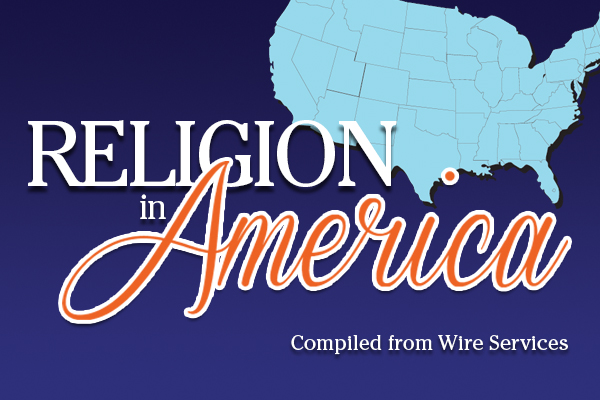The religious bickering between candidates John McCain and George W. Bush and their respective ministerial allies during their primary battles requires careful reflection. There are lessons to be learned here that transcend the politics of the moment.
The immediate context of these bitter arguments was the white-hot contest for the Republican presidential nomination.
Both used religion to seek to gain an advantage over the other, with Bush courting the religious right and McCain seeking the support of Catholics and others uneasy about Protestant conservatives. Meanwhile, conservative evangelical leaders mobilized on Bush’s behalf and in some cases involved themselves in ways that compromise the church’s public witness, rightly understood.
Christian leaders need to enter each election cycle having thought carefully about the limits of their activities and responsibilities in the political arena. They need to offer public engagement grounded in a thoughtful understanding of the mission of the church and the place of politics in that mission.
They also need a shrewd realism about the ways in which political leaders in a religious nation use and abuse religion for their own electoral ends.
Little of this kind of thinking seems to have taken place, and so once again the Christian faith is being used as a political cudgel by both religious and political leaders.
If I were articulating a list of ground rules to be super-glued to every Christian leader’s desk every four years, they would include the following:
1. Remember that the primary mission of the church is evangelism and discipleship. Jesus commissioned His earliest followers to go into the world, preach the gospel of salvation and train converts to obey everything He commanded. This was the fundamental plan Jesus established for changing the world. While political involvement has a proper place, nothing we do in politics should compromise the effectiveness of our primary mission.
2. Bring a coherent moral vision into politics and emphasize that vision ceaselessly. The Bible does offer rich resources for articulating a public moral vision. The emphasis on justice, peace, reconciliation and the dignity of human life, among other biblical principles, gives us plenty to say to politicians in any party, any nation and any era. All politicians and all political programs must be tested against that vision.
3. Avoid partisan entanglements. While it is perfectly appropriate for Christians, as American citizens, to participate in partisan politics, religious leaders are wisest when they stand back from partisan political engagement and offer a prophetic biblical perspective. Religious leaders are American citizens with a right to a political opinion. But when they over-identify with a political party or candidate, they forfeit the mantle of religious leadership and morph into mere political flacks.
The Old Testament distinction between prophet, priest and king is helpful here.
Once you enter the king’s court and take up residence there as his mouthpiece, you can no longer be either prophet or priest.
4. Never forget that politicians are using you at least as much as you are using them.
How does one get elected? By assembling a winning combination of voters.
Earthly politics is about winning. The votes of Christians are sought so that politicians can win elections.
5. Access to power intoxicates; be on your guard. I met and talked with President Clinton and his family once. It was a heady moment.
Few humans can easily resist the lure of access to politicians, and politicians, of course, know this. That’s why they take such pains to dole out access so carefully.
Maybe access to the king’s court is just more interesting to Christians than the harder work of prophetic proclamation.
But someday it would be good if we would learn these basic lessons and thus avoid bringing the gospel into disrepute every election year.
Christians in politics: lessons that transcend the moment
Related Posts

High court blocks NY coronavirus limits on houses of worship
November 30, 2020
As coronavirus cases surge again nationwide the Supreme Court late Wednesday barred New York from enforcing certain limits on attendance

FIRST-PERSON: After the election
November 6, 2020
EDITOR’S NOTE: J.D. Greear is pastor of The Summit Church in the Raleigh-Durham, N.C., area and president of the Southern

Christians urged to show grace postelection
November 17, 2016
By Maggie Walsh The Alabama Baptist This presidential election has been perhaps the most inflammatory in history. In the days,

Americans unconcerned about politicians’ morals
November 10, 2016
WASHINGTON — More than 70 percent of white evangelicals think that when politicians commit immoral acts in their private lives

Share with others: